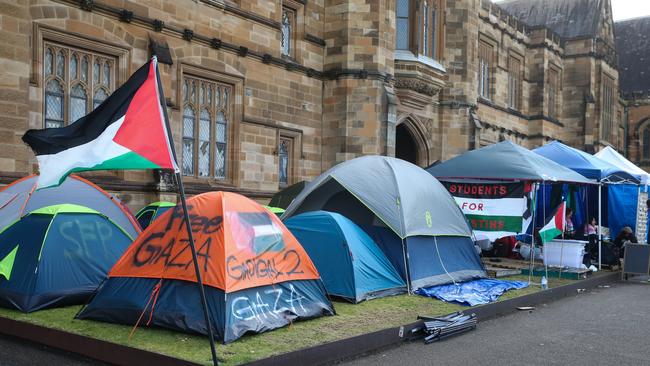
Peter Dutton wants University of Sydney vice-chancellor Mark Scott to resign over his handling of harassment of Jewish staff and students on campus during weeks of Gaza protests. Scott gave Dutton a good-enough excuse to demand he depart, telling a Senate committee he was “sorry” for their experience. “I realise there is a lot of work to do to win back the trust and confidence of the university’s Jewish community and I am committed to doing that,” he said.
The question Scott has not effectively answered in months of explanations of what he is doing to protect Jews on campus is why the university lost their trust and confidence in the first place. Opposition education spokeswoman Sarah Henderson has been after him on the issue and for a rare time in a long career of public sector issues management (especially as ABC managing director), Scott has been badly wrong-footed.
Now he has fewer friends in high places.
Education Minister Jason Clare rates Scott, appointing him chair of an immensely important inquiry into teacher education, but when The Australian asked Clare whether he supported Scott as vice-chancellor, the response was: “I have made it clear to vice-chancellors that there is nothing more important than the safety of students and staff on campus … Jewish students are being made to feel unsafe and unwelcome at university – that is not on.”
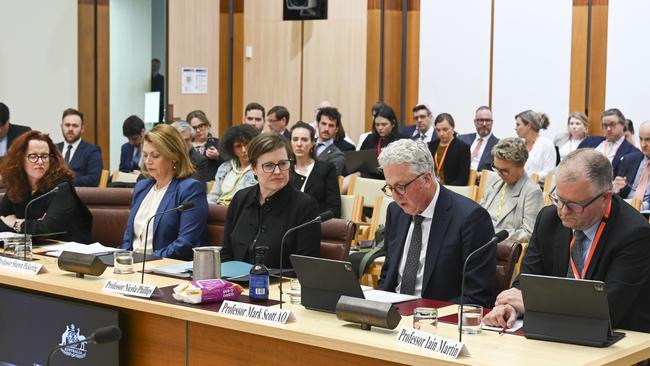
That Scott has copped all the attention should be a relief to University of Melbourne management, which looked like it had lost control of its own campus during anti-Israel protests. As acting vice-chancellor Nicola Phillips told the Senate committee, “We recognise that we have more to do”.
Chancellor Jane Hansen did not help with appearances in May when she was quoted in The Australian as saying: “Our campuses are populated by students and staff from many different cultures and ethnicities. It is important to recognise there are many different forms of racism, all abhorrent and all which warrant attention and leadership”.
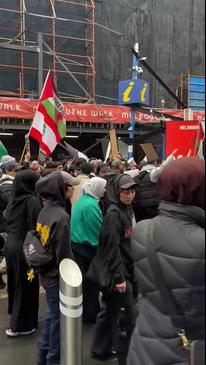
One part of the problem for leaderships at the original Australian universities is they have the highest of public profiles, which comes from being very old and very rich – what happens there always attracts attention.
Another is that both are loudly left-wing campuses – they have activist staff and student groups where the party-line is settler-colonist theory – in which Israel as is has no right to exist.
It was always going to get ugly at both but even so other leaders from elite Group of Eight universities managed student protests while standing firm against anti-Semitism. The University of Queensland, led by perhaps the most astute operators in Australian higher education, chancellor Peter Varghese and vice-chancellor Deborah Terry, let protests run for a while but always held the line on anti-Semitism. As Varghese makes clear, freedom of expression does not “extend to speech intended or likely to humiliate, intimidate, harass or bully other persons” and “anti-Semitism and other hate speech has no place on our campus”.
The grand old unis of Melbourne and Sydney have also led the charge against the government’s proposed international student quotas – designed to bring down migration numbers.
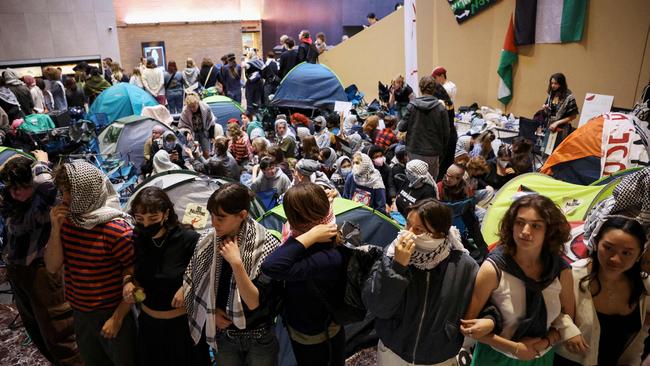
According to Scott, “the unprecedented, sweeping powers sought in this legislation loom as an extraordinary act of self-harm to the Australian economy and one of our most vibrant and successful export industries”.
Phillips says much the same: “international education is a prized national asset” and the government’s proposal “to arbitrarily cap international students at universities will harm all students, domestic and international, and jeopardise the sector’s reputation and long-term sustainability.”
This puts them both off-side with the government and potentially the opposition, which is arguing about the design of the quotas but not about their intent – cutting immigration.
There are also universities that accept the government’s right to regulate international numbers and think growth is unbalanced. The University of Sydney is certainly packing them in, with 17,200 students from overseas this year, according to commonwealth government estimates, up from 12,800 last.
Maybe this is all part of a plan by the Group of Eight lobby of research universities, which Scott chairs. The Go8 MO is always to present its members as doing most of the research that grows the economy and Sydney and Melbourne can argue that without the money their international enrolments generate, they will have way less to spend on science.
It’s a communications strategy that works when they are both in the news for research breakthroughs with community appeal – “lifesaving medical breakthrough” always sells. Which is not now. The two universities managements look self-absorbed, as if they think what is good for them is good for Australia.


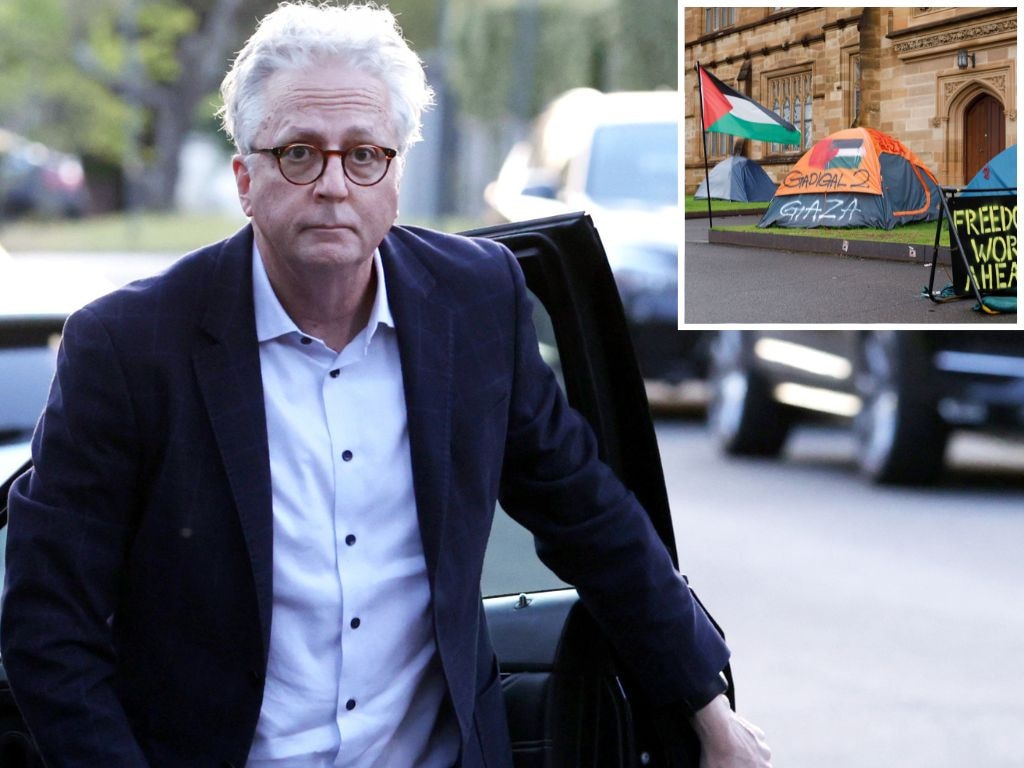



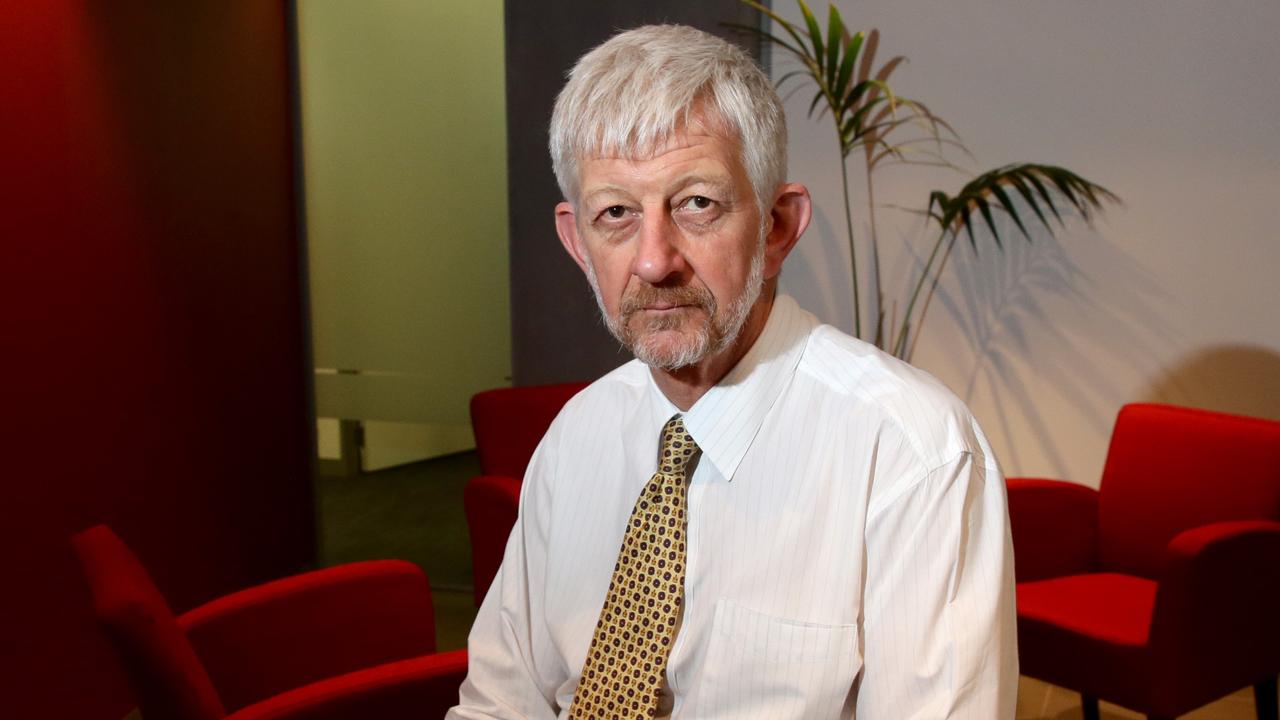

Australia’s two oldest universities are burning political capital with government and the opposition: and they aren’t doing anything for their community reputations either.